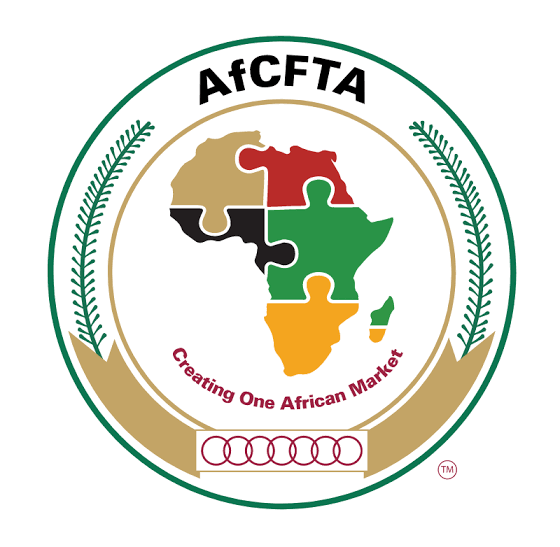Ghana – The Head of Exports, Ghana National Chamber of Commerce, and Industry (NCCI), Mr Charles Arthur Ntiri has advised Small and Medium Enterprises (SME) must research on products to invest and trade under the African Continental Free Trade Area (AfCFTA).
The Head of Exports, (NCCI) said it was necessary for SMEs to know that not all products would qualify to trade under AfCFTA and as such not all businesses could be exported under AfCFTA due to stringent requirements.
He, therefore, urged businesses to consult appropriate State and private organisations to assist with the procedures and protocols for trade to prevent any loss in investment.
“I know a company that has invested so much and wants to take advantage of AfCFTA and right now we have to advise them to look at even where they source their raw materials,” he said.
Mr Ntiri made the disclosure at the first edition of a Public Private Dialogue (PPD) on Private Sector Role and Participation in AfCFTA organised by CUTS International and the GIZ.
Sharing findings of a research under the topic, “Improving the Framework Conditions for The Private Sector to Benefit from AfCFTA”, Mr Isaac Yaw Obeng, Head of Research, CUTS, disclosed that there was generally little knowledge among Ghanaian SMEs about the existence of AfCFTA.
Despite the fact that 60% of businesses expressed a desire to export to other African markets, he said that only 22% had obtained the necessary export licences, with only 12% holding an internationally regarded quality certification.
Additionally, it was discovered that just 20% of SMEs had strong or exceptional capability for obtaining finance from financial institutions, whereas 42% of SMEs yearly prepared audited financial records.
According to Dr. Ato Panford, Senior Advisor at the National AfCFTA Coordination Office, good accounting and bookkeeping processes, are an absolute necessity for SMEs who want to trade under the AfCFTA.
With access to finance being a major challenge for SMEs, he said financial institutions were more willing to help businesses with good bookkeeping practices to expand their operations for the continental market.
“The timing to access the fund is important. We don’t wait until the order is ready and we start scratching our head asking where we can get finance,” he said.
The Private Federation Enterprises’ Senior Project Officer, Mr. Wisdom Adongo, also advocated for a review of the tax structures, which had a significant effect on enterprises, particularly the manufacturing sector that encouraged value creation.
He claimed that under the AfCFTA, the government could create tax incentives for domestic enterprises to increase output for the local and African markets and boost their competitiveness.
“We can also aid suppliers in the value chain who provide raw material to companies that export to ensure a sustainable supply chain for manufacturers looking to export,” he said.









